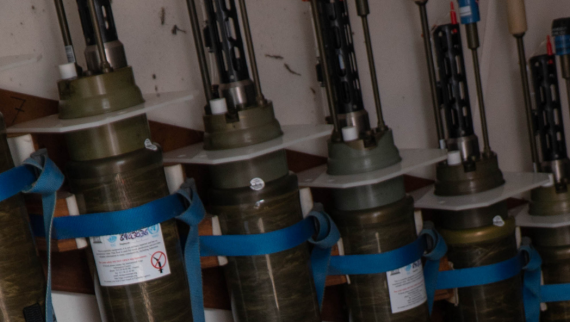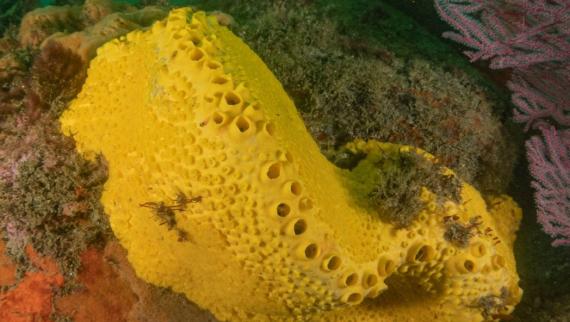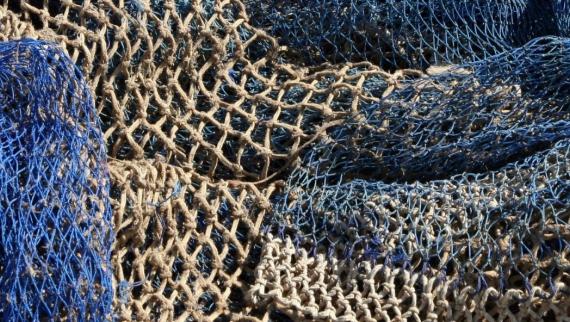
Nuevas Tecnologías moleculares y de control remoto para la Evaluación de las poblaciones de Cetáceos
Description
The Marine Strategy Framework Directive aims to achieve Good Environmental Status (GES) of the EU’s marine waters and to protect the resource base upon which marine-related economic and social activities depend[1]. This Framework requires that Member States do an assessment and monitoring of the environmental status of their marine waters. For that, several functional groups including cetaceans (Descriptor – 1 Biological diversity) need to be evaluated. The main method for monitoring cetaceans is the study of abundance trends. Traditional methods that are based in distance samplings using research vessels are expensive and complex, and are widely spaced in time, which complicates the assessment of populations and highlights the need to find new alternatives. This project aims to contribute to the improvement of monitoring programs by means of developing two innovative methodologies in three areas of the North Atlantic region: Cetacean DNA detection using environmental DNA (eDNA) and use of remotely operated aerial vessels (DRONE – Dynamic Remotely Operated Navigation Equipment) to estimate their presence and abundance.







